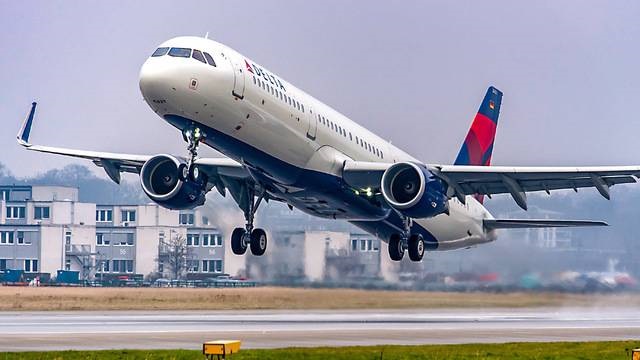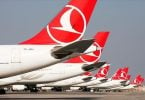Just weeks before the next midterm elections, two long term U.S. Senators want to bring back legacy regulation to the U.S. airline industry. But that’s bad news for consumers who have finally found affordable air travel as a means of getting from state to state.
The Senate’s version of the Federal Aviation Administration reauthorization bill includes a section by Senators Ed Markey (D-Mass.) and Richard Blumenthal (D-Conn.) that regulates ticket change and cancellation fees of commercial interstate flights in the U.S.
It would authorize the FAA to establish standards for assessing whether baggage, seat selection, and same day changes are ‘reasonable’ and ‘proportional’ to the costs of the services provided. Therefore, the agency would become the dictator of price and services in the airline industry.
The amendment is called FAIR Fees Act, which sounds like great news for passengers at first glance. Who hasn’t been in a situation where a late-announced wedding or birthday party puts going to the playoff match or concert in doubt?
Most people, however, usually opt for the cheap tickets that don’t allow significant refunds or cheap last minute changes. Flexible tickets tend to be bought by business travelers and the wealthy. What FAIR Fees promises is a world without airport hassle and additional costs, closer to the glorified good old days of aviation, where you’d fly like Don Draper from coast to coast in luxury. But those days were anything but rosy.
Throughout the 1960s and most of the 1970s, consumers had to fly with heavily regulated airlines and face almost Soviet-style pricing of airfares. Because government set prices for airfare, the only way for airlines to compete was to add more perks. Thankfully, competition step in.
President Carter signed the Airline Deregulation Act in 1978, letting airlines compete on prices. It started a revolution that largely democratized flying, once only reserved for elite travelers. The liberalization of the archaic US airline framework allowed competition on routes, more airports to offer services, and price competition.
And it has been a huge difference. A return ticket from New York to Los Angeles set you back by at least $1,400 back in the 1970s. Now it’s less than $300 on some airlines. This is nearly five times cheaper than back in the “good old days.”
As such, flying got much cheaper and airlines tried to cater different packages of services to their customers. Some flyers are fine with not checking bags, and instead pack a carry-on. Others choose routes months ahead of time, taking advantage of bargain prices but not leaving any flexibility if anything happens.
High level corporate executives and business consultants have a hard time predicting where they’ll spend their days and night. They’re eager to pay a premium for flexible tickets that give them the option to take the flights either to O’Hare or Dulles for an even more urgent client meeting. Those who appreciate extra legroom and Bloody Marys on a short flight either pay extra or get the perks for being a loyal customer with high status where drinks are included.
An explosion of interstate and cross-country relationships became possible thanks to more competitive pricing models of airlines. One no longer needs to be a top Madison Ave. executive to be in a cross-country relationship.
While Blumenthal and Markey promise us cheaper and fairer fees, what we would actually get would be the past model of overregulated flights and airlines. That would mean one-size-fits-all airline tickets that will be significantly more expensive than the cheap fares we enjoy now.
Re-regulation of the US airline industry will only serve to limit consumer choice and bar companies from offering different products to different consumers. That would cause a reduction of passengers overall, meaning less flights being available and less destinations as well.
To borrow the words of Supreme Court judge Stephen Breyer, “we sit in crowded planes, munch potato chips, flare up when the loudspeaker announces yet another flight delay. But how many now will vote to go back to the “good old days” of paying high, regulated prices for better service? Even among business travelers, who wants to pay full fare for the briefcase?”
Let’s hope Judge Breyer is right and the re-regulation of the airline industry through the FAIR Fees act doesn’t make it through Congress. Free skies are fair skies.







